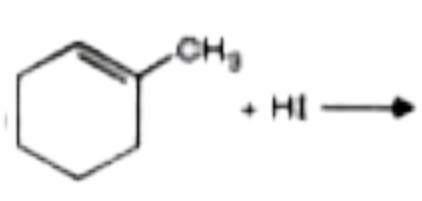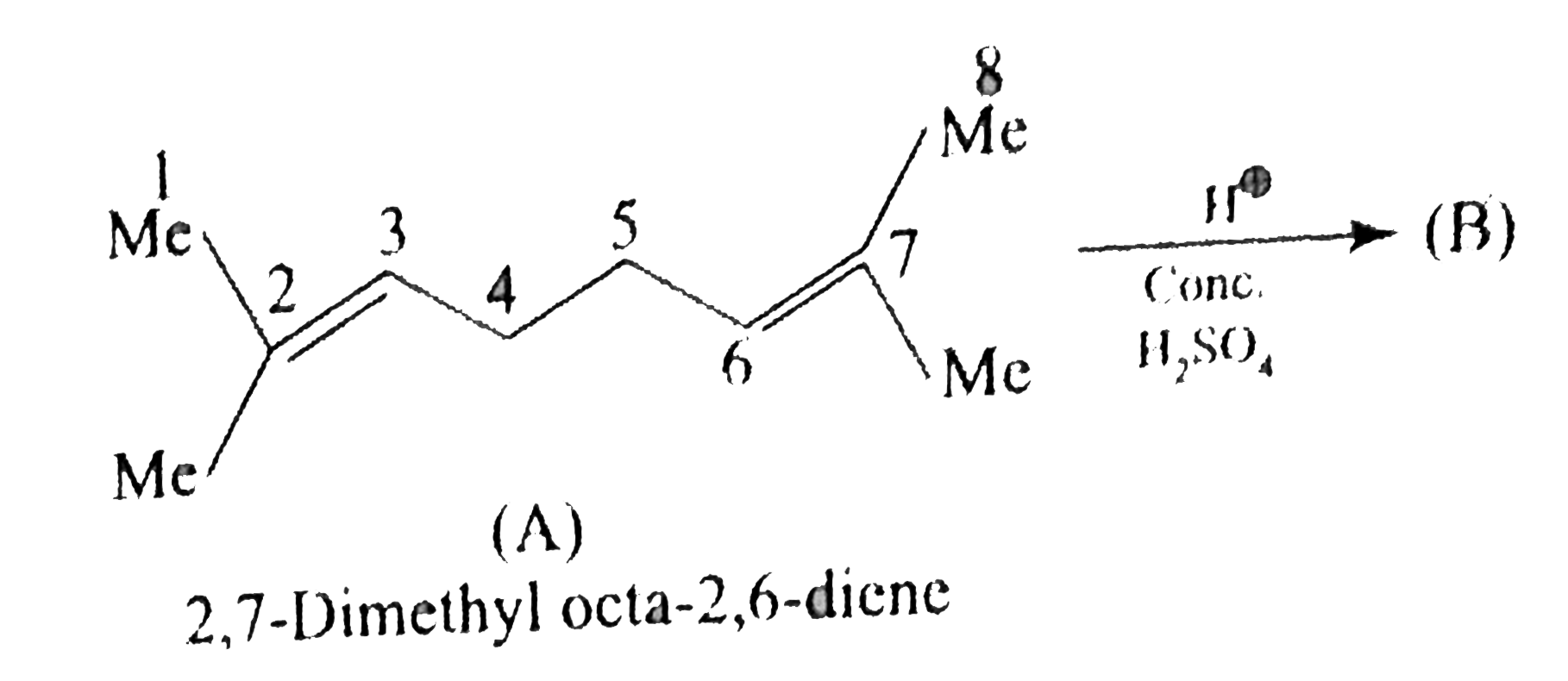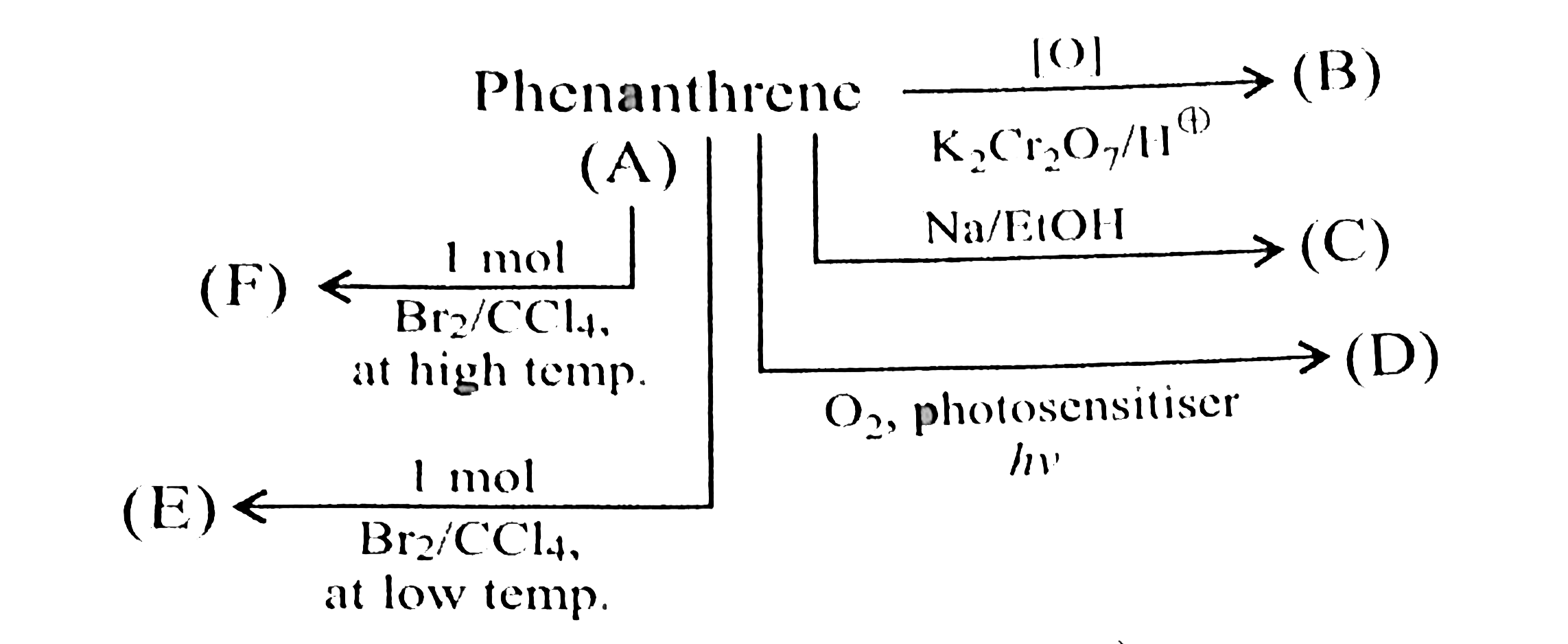…………….. Reactions never go to completion whereas ……………. Reactions proceed almost to completion.
To solve the question, we need to fill in the blanks with the appropriate terms that describe the behavior of different types of chemical reactions.
1. Identify the types of reactions: We need to differentiate between reversible and irreversible reactions.
2. Understanding Reversible Reactions:
- Reversible reactions are those that can proceed in both forward and backward directions.
- They do not go to completion because they reach a state of equilibrium where the concentrations of reactants and products remain constant over time.
3. Understanding Irreversible Reactions:
- Irreversible reactions, on the other hand, proceed in one direction only.
- They almost go to completion, meaning that the reactants are converted into products, but it is important to note that in practice, no reaction is 100% complete.
4. Filling in the Blanks:
- Based on the understanding of these two types of reactions, we can fill in the blanks:
- "Reversible reactions never go to completion whereas irreversible reactions proceed almost to completion."
Final Answer:
Reversible reactions never go to completion whereas irreversible reactions proceed almost to completion.
---
- Reversible reactions are those that can proceed in both forward and backward directions.
- They do not go to completion because they reach a state of equilibrium where the concentrations of reactants and products remain constant over time.
- Irreversible reactions, on the other hand, proceed in one direction only.
- They almost go to completion, meaning that the reactants are converted into products, but it is important to note that in practice, no reaction is 100% complete.
- Based on the understanding of these two types of reactions, we can fill in the blanks:
- "Reversible reactions never go to completion whereas irreversible reactions proceed almost to completion."
Reversible reactions never go to completion whereas irreversible reactions proceed almost to completion.
Topper's Solved these Questions
- EQUILIBRIUM BOOK - ICSECHAPTER - EQUILIBRIUM EXERCISE - NUMERICAL PROBLEMS
13 Videos
- EQUILIBRIUM BOOK - ICSECHAPTER - EQUILIBRIUM EXERCISE - NCERT TEXT-BOOK EXERCISE
109 Videos
- EQUILIBRIUM BOOK - ICSECHAPTER - EQUILIBRIUM EXERCISE - TRUE OR FALSE TYPE QUESTION
22 Videos
- ENVIRONMENTAL CHEMISTRY BOOK - ICSECHAPTER - ENVIRONMENTAL CHEMISTRY EXERCISE - NCERT TEXT-BOOK EXERCISE
20 Videos
- HYDROCARBONS BOOK - ICSECHAPTER - HYDROCARBONS EXERCISE - NCERT TEXT-BOOK EXERCISES
46 Videos
Similar Questions
In which of the following does the reaction go almost to completion ?
View SolutionIn which of the following does the reaction go almost to completion ?
View SolutionIn which of the following does the reaction go almost to completion?
View SolutionAt a certain temperature T, the endothermic reaction A→B proceeds almost to completion.The entropy change is :
View SolutionAs the reaction proceeds, the rate of reaction:
View SolutionComplete the reaction

View SolutionComplete the reaction

View Solution
Complete the reaction
View SolutionComplete the reactions.

View SolutionComplete the reaction

View Solution
